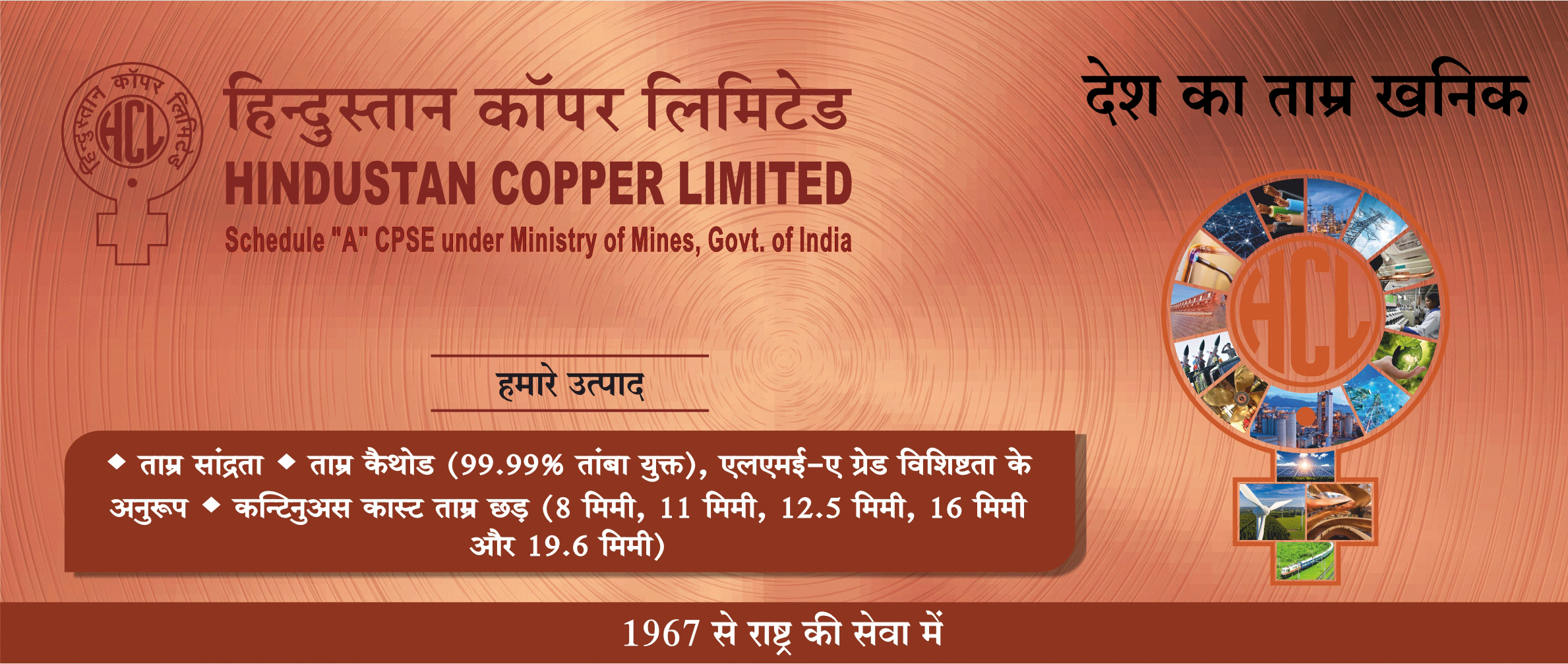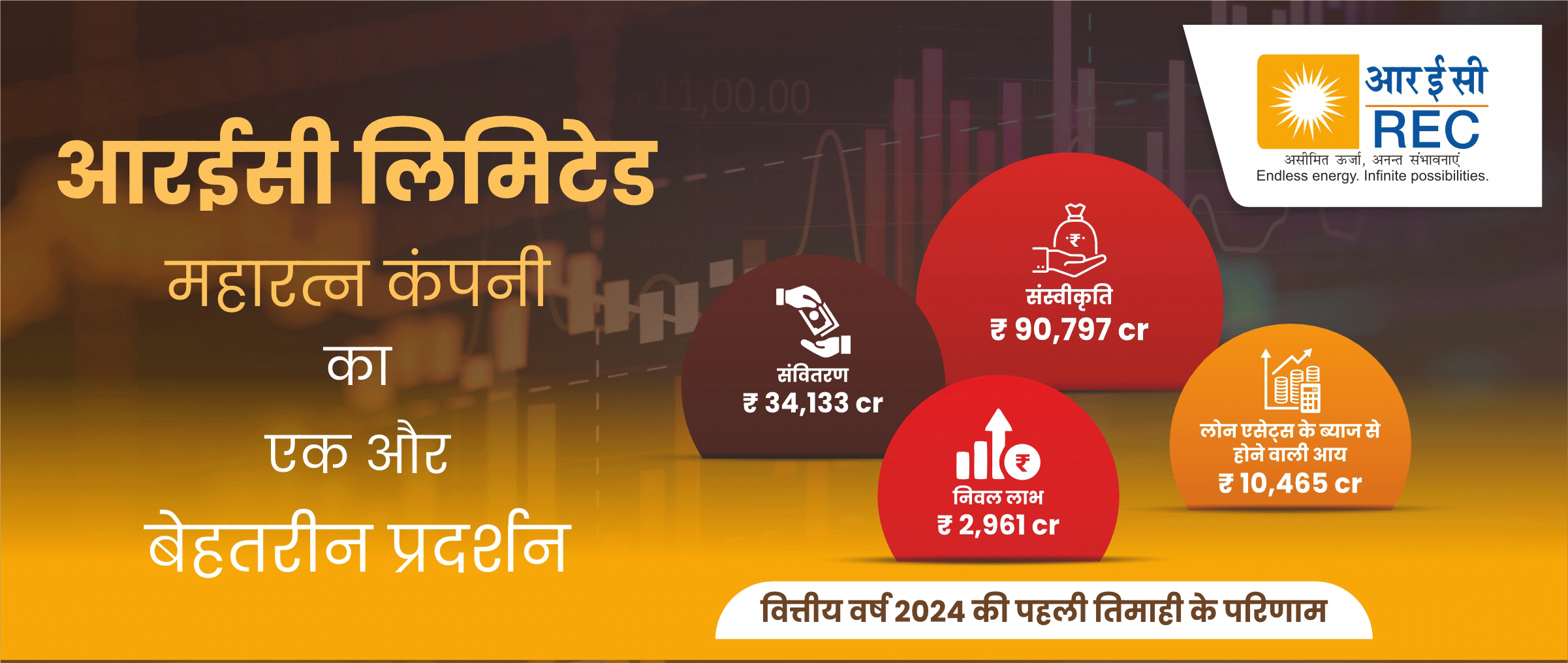TO RECIEVE EXCLUSIVE POSTS AND NEWS
Every election is important. So is Election 2019. But the
latter has turned more interesting than one expected, according to former
Prasar Bharati CEO Jawahar Sircar. A Ret. 1975 batch IAS officer, Sircar told Indianmandarins
"I have conducted elections from 1977 when, as ‘assistant returning
officer’ of Burdwan, I witnessed the collapse of Indira Gandhi’s hegemony.
Since then, I have participated in different election processes in different
official capacities, in Bengal and elsewhere, and ended up as the state’s chief
electoral officer during the 1998 and 1999 parliamentary elections. He added "as a keen observer of the electoral process, I
can safely say that this election is really quite different from others —except
perhaps 1977 — as India has to take a very grave choice, on which the future of
the nation depends in many senses. Having said that, my main worry now is that
since vindictiveness is a part of state policy, should we not take extra care
to protect the voter from being identified and harassed later on, by any
powerful party at the center or in the states"? He pointed out that though it is still difficult to find out
at an individual level who voted for whom, it is quite possible to know the
voting pattern of a street or locality that goes to any particular polling
station. The apprehension is that weaker sections and minorities that are
particularly vulnerable to detection and retribution after the polls may be
made to bear the cost for voting according to their choice. In fact, a minister
of the ruling party in the center openly threatened voters on this account —
because, as we stand now, it is not very difficult to find out the votes
obtained, for or against, in each mohalla or street. This knowledge is critical
to every party and every contestant. Under the previous ballot box system, the
election commission could invoke rule 59A of the election rules and order the
compulsory mixing or jumbling up of the ballots cast in a number of polling
booths. This was done to make it impossible to find out which locality voted
for whom. Ever since we introduced electronic voting machines (EVMs) this legal provision became defunct. I
remember quite nostalgically how, just before the 1999 parliament elections,
election officials had to campaign tirelessly to make voters aware of this
voting machine which was totally new. Nowadays, each EVM shows the result of
its own polling booth only and the results of a number of electronic machines
cannot be totaled or mixed up as we used to do for paper ballots. He says the election commission, however, worked hard and
consulted EVM manufacturers, who came up with a new machine called a
‘totalizer’ that could add and mix up the votes cast in fourteen polling
booths. This was, indeed, a breakthrough and in November 2008, the commission
wrote to the law ministry to amend the rules and introduce totalizers, at least
optionally. The ministry sent it to a parliamentary committee that did not
decide on this issue for several years, perhaps because political parties are
always keen to know booth-wise or locality-wise results. The law ministry
supported the commission’s recommendation through a policy note in 2010, and the inaction that followed reveals one
more of the many mistakes that the previous government made. But then, we did
not have any fear of a quasi-totalitarian and incursive state then, as we have
now, and once the results of the 2019 elections are made known, locality wise,
mischief can be at work. He adds: Returning to the continuing drama, we see that in
2014, the election commission dutifully reminded the ministry once again, of
the dire necessity of protecting the identity of groups of voters, by resorting
to ‘totalizers’. This was to be applied selectively in cases when the
commission considers any constituency or a part of it to be sensitive from this
angle. In 2014, the supreme court also stepped in and wanted to know why the
ministry was not taking urgent action to amend the rule. The ministry responded
by saying that it had sent this proposal to the law commission, which was quite
true. But what is rather surprising is that even after the law commission
clearly recommended in para 13.7 of its report of ‘electoral reforms’ in March
2015, that election rules should be amended to introduce totalizers, the
present regime did not do so. Sircar says it is quite clear that a section of the political
class is keen to know which booth voted for them and which did not. He does not
believe it be a healthy curiosity on the part of the ruling party.
Readers' Choice
ED arrests Anil Tuteja in Chhattisgarh liquor scam case 21 Apr 2024
IPS officer writes to “Sarkar” seeking “Car” at par; flags a discriminatory regime 19 Apr 2024
Gujarat: A major reshuffle of IPS enacted 14 Apr 2024
Ex IAS officer joins BJP; to be fielded against Harsimrat Badal 12 Apr 2024
ECI rejects proposal to appoint Saunik as CS; extension for Kareer sought 29 Mar 2024
EVM Totalizers favoured to cover up voting pattern
By IndianMandarins - 2019-05-07 14:41:42

Every election is important. So is Election 2019. But the
latter has turned more interesting than one expected, according to former
Prasar Bharati CEO Jawahar Sircar.
A Ret. 1975 batch IAS officer, Sircar told Indianmandarins "I have conducted elections from 1977 when, as ‘assistant returning officer’ of Burdwan, I witnessed the collapse of Indira Gandhi’s hegemony. Since then, I have participated in different election processes in different official capacities, in Bengal and elsewhere, and ended up as the state’s chief electoral officer during the 1998 and 1999 parliamentary elections.
He added "as a keen observer of the electoral process, I can safely say that this election is really quite different from others —except perhaps 1977 — as India has to take a very grave choice, on which the future of the nation depends in many senses. Having said that, my main worry now is that since vindictiveness is a part of state policy, should we not take extra care to protect the voter from being identified and harassed later on, by any powerful party at the center or in the states"?
He pointed out that though it is still difficult to find out at an individual level who voted for whom, it is quite possible to know the voting pattern of a street or locality that goes to any particular polling station. The apprehension is that weaker sections and minorities that are particularly vulnerable to detection and retribution after the polls may be made to bear the cost for voting according to their choice. In fact, a minister of the ruling party in the center openly threatened voters on this account — because, as we stand now, it is not very difficult to find out the votes obtained, for or against, in each mohalla or street. This knowledge is critical to every party and every contestant. Under the previous ballot box system, the election commission could invoke rule 59A of the election rules and order the compulsory mixing or jumbling up of the ballots cast in a number of polling booths. This was done to make it impossible to find out which locality voted for whom. Ever since we introduced electronic voting machines (EVMs) this legal provision became defunct. I remember quite nostalgically how, just before the 1999 parliament elections, election officials had to campaign tirelessly to make voters aware of this voting machine which was totally new. Nowadays, each EVM shows the result of its own polling booth only and the results of a number of electronic machines cannot be totaled or mixed up as we used to do for paper ballots.
He says the election commission, however, worked hard and consulted EVM manufacturers, who came up with a new machine called a ‘totalizer’ that could add and mix up the votes cast in fourteen polling booths. This was, indeed, a breakthrough and in November 2008, the commission wrote to the law ministry to amend the rules and introduce totalizers, at least optionally. The ministry sent it to a parliamentary committee that did not decide on this issue for several years, perhaps because political parties are always keen to know booth-wise or locality-wise results. The law ministry supported the commission’s recommendation through a policy note in 2010, and the inaction that followed reveals one more of the many mistakes that the previous government made. But then, we did not have any fear of a quasi-totalitarian and incursive state then, as we have now, and once the results of the 2019 elections are made known, locality wise, mischief can be at work.
He adds: Returning to the continuing drama, we see that in 2014, the election commission dutifully reminded the ministry once again, of the dire necessity of protecting the identity of groups of voters, by resorting to ‘totalizers’. This was to be applied selectively in cases when the commission considers any constituency or a part of it to be sensitive from this angle. In 2014, the supreme court also stepped in and wanted to know why the ministry was not taking urgent action to amend the rule. The ministry responded by saying that it had sent this proposal to the law commission, which was quite true. But what is rather surprising is that even after the law commission clearly recommended in para 13.7 of its report of ‘electoral reforms’ in March 2015, that election rules should be amended to introduce totalizers, the present regime did not do so.
Sircar says it is quite clear that a section of the political class is keen to know which booth voted for them and which did not. He does not believe it be a healthy curiosity on the part of the ruling party.














